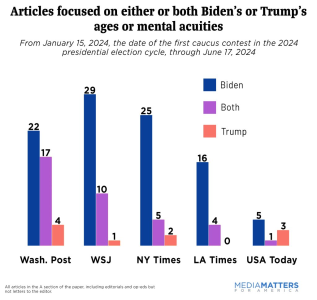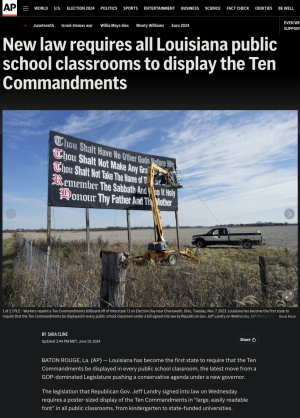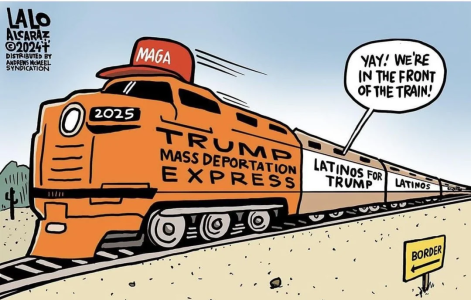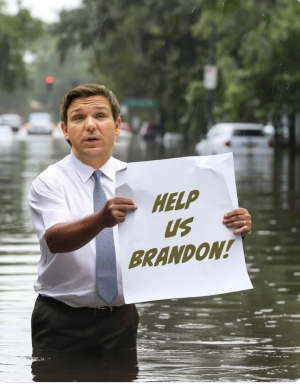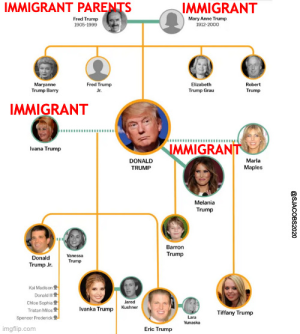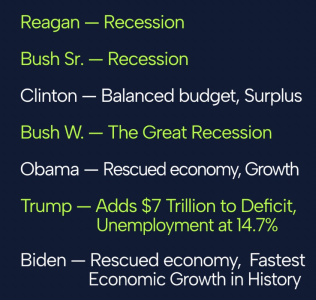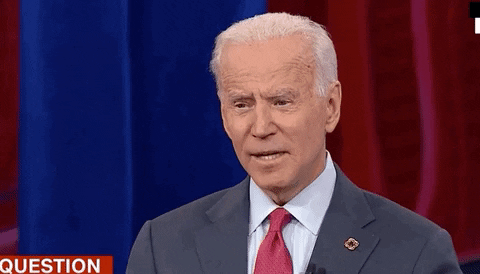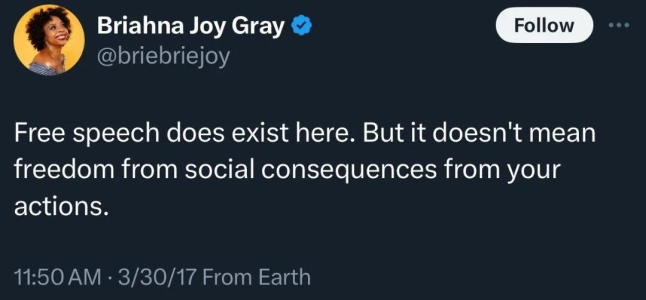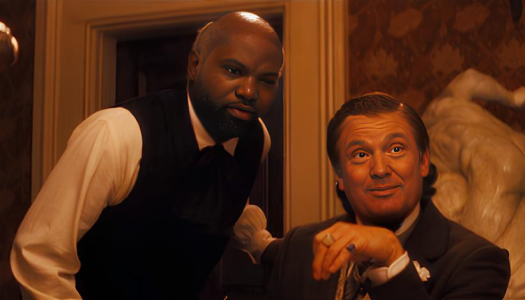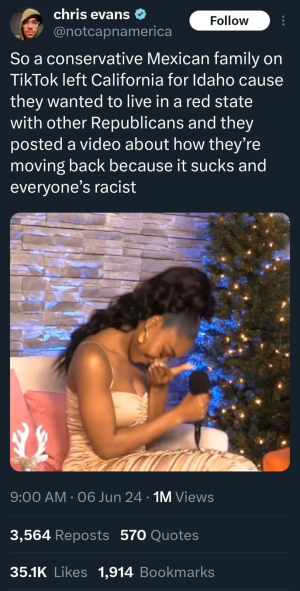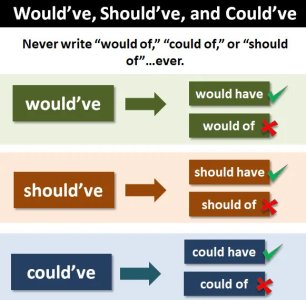- 18,034
- 8,506
- Joined
- Feb 18, 2013
you, just like the article are cherry picking anything to prove a point. tell me where Obama undermined the plight of slaves. Tell me where and when Obama said that because the article doesnt. and again like i said CONTEXT matters because what Obama is saying and Carson are saying are two separate things like i said in my post. you cant gloss over the fact that Carson says, "There were other immigrants who came here in the bottom of slave ships, worked even longer, even harder for less."I beg your pardon...
Both men sugar-coated the slavery experiment while likening said experience to immigration. Neither statement justifies the faux outage that was put on display for Dr Carson. But it appears that any opportunity to belittle a black conservative can't be passed up.
Carson is drawing comparisons to slavery as being the same struggles as immigrants coming to the country when it isn't true. you and the article seem to miss the bolded part of this with every post you make. Obama does not say anything remotely close to this but again you are cherry picking what i say to fuel a flawed comparison.

 ,feeling mighty emboldened thanks to President Bannon
,feeling mighty emboldened thanks to President Bannon rate, half a million deaths would have been avoided in the period 1999‒2013, comparable to lives lost in the US AIDS epidemic through mid-2015. Concurrent declines in self-reported health, mental health, and ability to work, increased reports of pain, and deteriorating measures of liver function all point to increasing midlife distress.
rate, half a million deaths would have been avoided in the period 1999‒2013, comparable to lives lost in the US AIDS epidemic through mid-2015. Concurrent declines in self-reported health, mental health, and ability to work, increased reports of pain, and deteriorating measures of liver function all point to increasing midlife distress.




